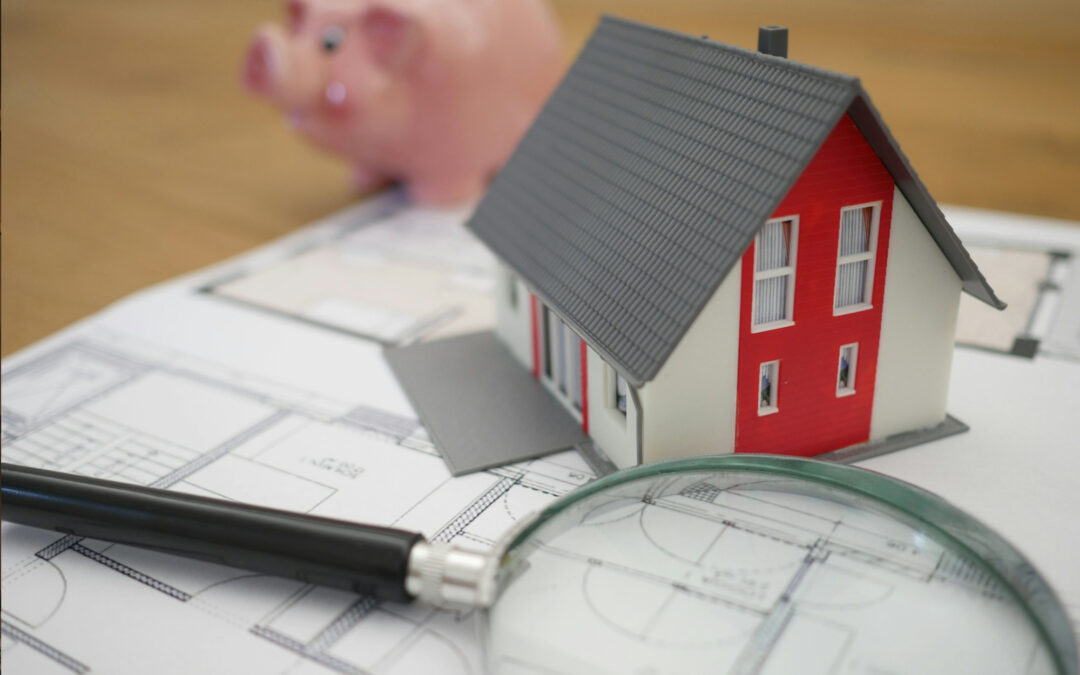Navigating the path to homeownership involves several critical steps, with a key milestone being the verification of the property’s market value, typically through a process known as an appraisal. But what exactly is an appraisal, how is it conducted, and what do potential homeowners need to understand about it? Let’s dive into the essentials.
Understanding Appraisals
If you’re new to buying a home, you might wonder what an appraisal entails. Essentially, it’s a professional’s impartial evaluation of a home’s market value. An appraiser assesses the property to establish its value, which is used to determine how much money can be loaned to a borrower through a mortgage.
Appraisals are a standard requirement for almost all property purchases today, as they ensure lenders do not offer more money than the property’s worth. This safeguard protects lenders from potential losses should a borrower fail to repay their loan.
Keep in mind that appraisal requirements can vary depending on where the property is situated. This means the appraisal process might differ if you’re buying a home in another area, so it’s important to be aware of local regulations.
The Importance of Appraisals
Appraisals are pivotal in the homebuying process for several reasons. They offer an impartial valuation of a property, which is crucial for price negotiations and to confirm or challenge the seller’s asking price.
For those seeking a mortgage, the appraised value determines the borrowing limit. Occasionally, a property’s appraised value may fall below the purchase price, in which case the buyer must cover the difference.
However, appraisals are not infallible. Subjectivity can lead to varying valuations by different appraisers, so it’s beneficial for buyers to be informed about recent sales of similar properties in the area to assess the appraisal’s accuracy.
What Appraisers Examine
An appraiser’s evaluation encompasses several aspects, including:
Inspection of the Property: Appraisers conduct a detailed inspection of both the interior and exterior, noting the property’s condition and any features that could affect its value.
Comparison of Recent Sales: The appraiser looks at recent sales of similar properties to understand the current market value, incorporating this data into their report.
Condition Assessment: The appraiser’s view on the property’s condition is provided, influencing its value. It’s advantageous for sellers to address any necessary repairs before listing their home.
Square Footage Assessment: The process includes calculating the property’s total and livable square footage, which can be complex due to various measurement standards.
Photographic Evidence: Photos are taken during the appraisal and are crucial components of the report. They offer a visual reference of the property’s condition.
The appraisal report is comprehensive. It includes details such as the appraiser’s qualifications and methodology.
Appraisal Fees
Typically, appraisal costs range from $300 to $700 for single-family homes, depending on the appraiser and the property being assessed. While the buyer usually bears this expense, there are instances where the seller might pay. Some buyers choose to include these costs in their closing expenses or the mortgage itself.
For further insights into the appraisal process or to explore our range of mortgage options, contact the mortgage experts at Supreme Lending today!

